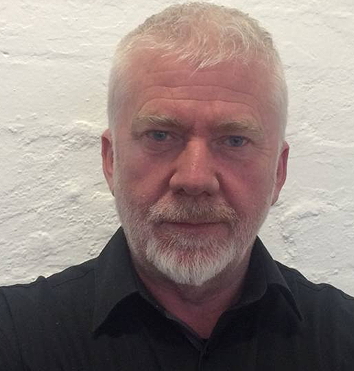Some idea of the growing importance of Pine Gap to the US is given by its extraordinary growth. Initially, it was a ground station for a single satellite to gather what’s called signals intelligence while orbiting 36,000 kilometres above Earth. There are now at least four much more powerful satellites connected to the base. Their antennas automatically intercept everything transmitted within their frequency range. This includes a huge array of electronic signals for intelligence analysis, including text messages, emails, phone calls and much more. In addition, ground-based antennas at Pine Gap and other Australian sites intercept a vast volume of information transmitted via commercial satellites.
Pine Gap’s own satellites also intercept signals from radars and weapon systems, such as surface-to-air missiles, anti-aircraft artillery, fighter planes, drones and space vehicles, along with other military and civilian communications. From Pine Gap, a vast volume of military data is fed into the US war fighting machine in real time.
Pine Gap operates in conjunction with similar intercept satellites linked to a base at Menwith Hill in England. Their use in directing botched drone strikes that have killed a large number of civilians has been highly contentious in England. The combined coverage of the two bases includes the former Soviet Union, China, South-East Asia, east Asia, the Middle East, eastern Europe and the Atlantic landmass.
[…] Together, this access to signals and infrared intelligence, and its location in relation to China, gives Pine Gap a crucial role in US plans for fighting wars in space. This capability will be improved by a new space-based detection and tracking system called Next Generation Overhead Persistent Infrared (Next-Gen OPIR).
On April 6 the AUKUS pact leaders – Boris Johnson, Scott Morrison and Joe Biden – announced they would develop hypersonic missiles and subsurface robots after earlier promising to provide Australia with nuclear attack submarines starting from about 2040.
These new missiles will also travel at more than five times the speed of sound, but are air-breathing, unlike those developed for use in space. The US and Australia had already been developing hypersonic cruise missiles using ramjet engines.
No figures are available, but the cost of developing, building and testing very long-ranging missiles will be high. Much of the testing is expected to occur in Australia. The new missiles are also intended for use against Chinese targets.
[…]
The background to what’s happening at Pine Gap illustrates how much more important the base is for the US than any contribution Australia might make of a few fighter planes or frigates to the US’s integrated international force ranged against China.
At this stage, neither side of Australian politics seems willing to reject participating in another US-led war, which violates Australia’s obligations under both the UN charter and Article 1 of the ANZUS treaty. Both documents oblige Australia to reject the use of force in international relations, other than defensively.
Although rarely mentioned, Pine Gap’s growing importance to the US increases Australia’s leverage with the US to refuse to contribute ships, planes and troops to an integrated military force if it would break the international rules. Rejecting some aspect of Pine Gap’s operations might be harder. But there is provision in the ground rules for Australia to act only with “full knowledge and concurrence” with what is happening. Australia doesn’t have to concur.
These excerpts are from an article by Brain Toohey, first published in the print edition of The Saturday Paper on Apr 16, 2022 as “Mind Pine Gap”.

 Our guest this week is Dave Sweeney, Nuclear free campaigner for the ACF.
Our guest this week is Dave Sweeney, Nuclear free campaigner for the ACF.